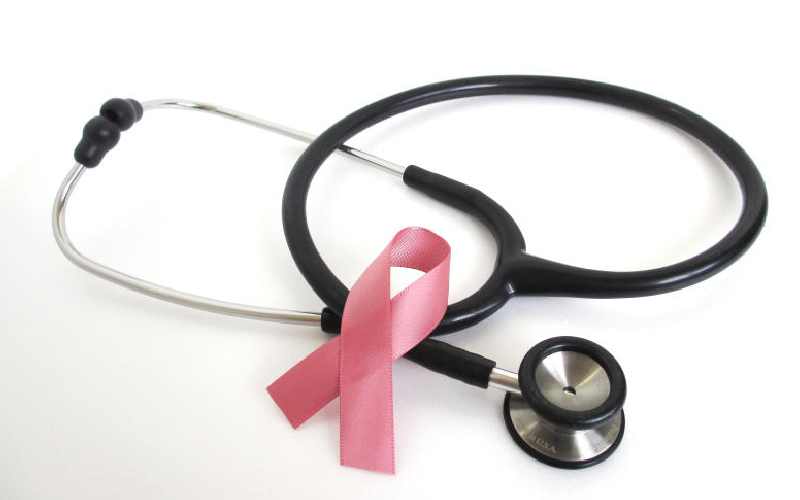×
The Standard e-Paper
Stay Informed, Even Offline

In 2017, Grace, a 45-year-old mother of five, discovered a painless mass in her right breast. She trekked 80km from home to the Kakamega County Hospital where doctors called for surgical removal of the mass – without explaining it could be cancerous. Not realising the full extent of her risk and lacking accurate information, Grace declined to have the procedure.